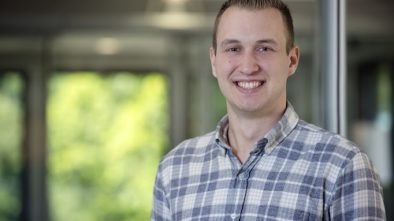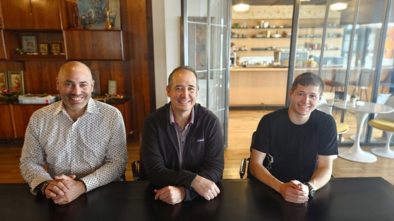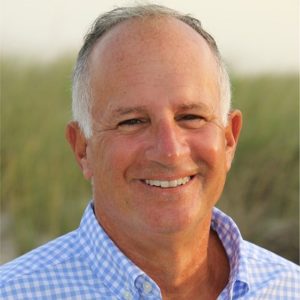Interview with David Sorin: Brown Rudnick BRIDGE Initiative to Help Solidify the Startup Ecosystem in New Jersey and Elsewhere
Recently, the international law firm Brown Rudnick (New York) announced an initiative to help enrich developing startup ecosystems, spearheaded by New Jersey’s David Sorin. The initiative will start in Princeton, and then expand to Brown Rudnick’s offices in New York, Boston, London and California.
New Jersey is home to Sorin, who recently led a team of venture lawyers from McCarter & English to Brown Rudnick. Sorin helped found the New Jersey Technology Council, now TechUnited:NJ, and has been instrumental in giving many, many startups in the state advice that led to their success.
At every law firm he’s been with, Sorin has initiated programs to help budding entrepreneurs and those further along. He noted that the BRIDGE program, for “Brown Rudnick Institute for Development, Growth and Emerging Technologies,” was a continuation of his lifelong work on behalf of entrepreneurs, technologists, startups, angel groups and VCs.
“We have a lot of things that we’ve been doing for years, but we never put it all together in one place, and under one initiative, to educate, to provide connections, to provide access, to provide networking,” Sorin told NJTechWeekly.com.
Sorin stated that the BRIDGE project has buy-in from the very top of the Brown Rudnick executive team, and that partners from all the offices have expressed excitement about getting involved in the initiative. “You’ll see experts from all around the firm. We will bring a depth of resources that would never have been possible before.”
“We’re now taking all our disparate programs and events and we are putting them all under this BRIDGE initiative, which is really about the interconnections between innovators, entrepreneurs, technologists, accelerators, investors and, obviously, the universities, where so much of this innovation takes place. You know, previously, we really separated the work we do with the venture capital community from the work we do with accelerators and the work we do with universities. With this new initiative, we want to create ties among the various constituent parts.”
Sorin noted that a lot of the companies he represents are the licensees of technologies that originally started at universities. “So, the idea here is take this and put programming together in a meaningful way,” from formation of a company all the way up to maturity and monetization. “For example, we have a program we are going to do with CohnReznick [New York, Parsippany, Holmdel]” which is an accounting advisory, assurance and tax firm that will take about a year to do, with one session a quarter, which will provide information and education to founders.”
So what kinds of information will be imparted? “We’re going to do intellectual property programming. We have an amazing IP practice here at Brown Rudnick. We’re going to cover tax issues that are important to companies in the ecosystem and to entrepreneurship in general. Obviously, you’ll see the kind of corporate transactional type programming that we’ve done before, everything from ‘the legal issues that every startup founder should know’ on to early-stage financing, later-stage financing, mergers and acquisitions and, ultimately, monetization, whether that’s an IPO or an M&A sell-side deal.”
A new component will be monthly office hours, where entrepreneurs or startup founders — even those with just an idea on the back of a napkin, who may not even be ready to engage counsel —can come in and pose questions to Brown Rudnick attorneys about anything from formation matters to intellectual property to corporate finance, to governance to employment law. “These entrepreneurs will have someplace they can go to get answers to their questions,” Sorin said.
“You know, some decisions made at that very early stage can have a lasting impact on a company. Some decisions can be unwound, and a correction course can be undertaken, but some of the decisions made are irrevocable, if you will, and we want to make sure that these companies have that information and have access,” Sorin said.
The first program will take place in New Jersey. It will be a networking event to bring the various parties in the ecosystem together to get to know one another. “And, of course, that’s the way many of these participants wind up doing business with one another,” he noted.
Brown Rudnick will be rolling out these programs elsewhere over the next 18 months. “We’re going to roll this out in New York. We’re going to roll it out in Boston, we’re going to roll it out in London and in California. We have offices in each of those locations. So, we’re going to bring the BRIDGE and that interconnectivity to some of the largest technology and emerging growth ecosystems in the world,” Sorin said.
NJTechWeekly.com asked Sorin if the tech ecosystems in New York, Boston, California and London really need this programming in the same way New Jersey does. “As it turns out, even though Boston, New York, London and California have a level of maturity in the support of the ecosystems, even they need this. Early-stage companies, and also angel and venture funds, even when they are located in some of the largest markets in the world, need access and connectivity, and need the resources that we can bring to bear.”




